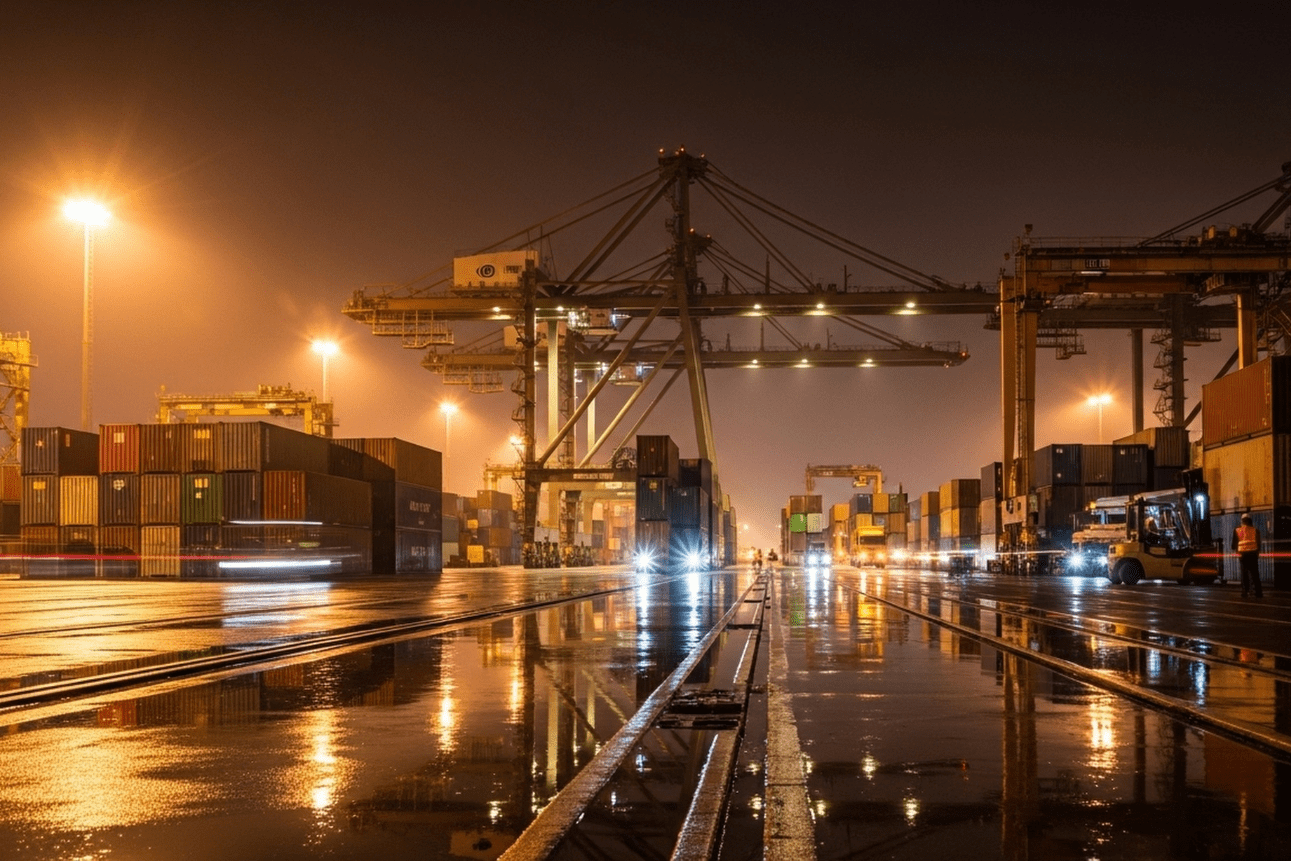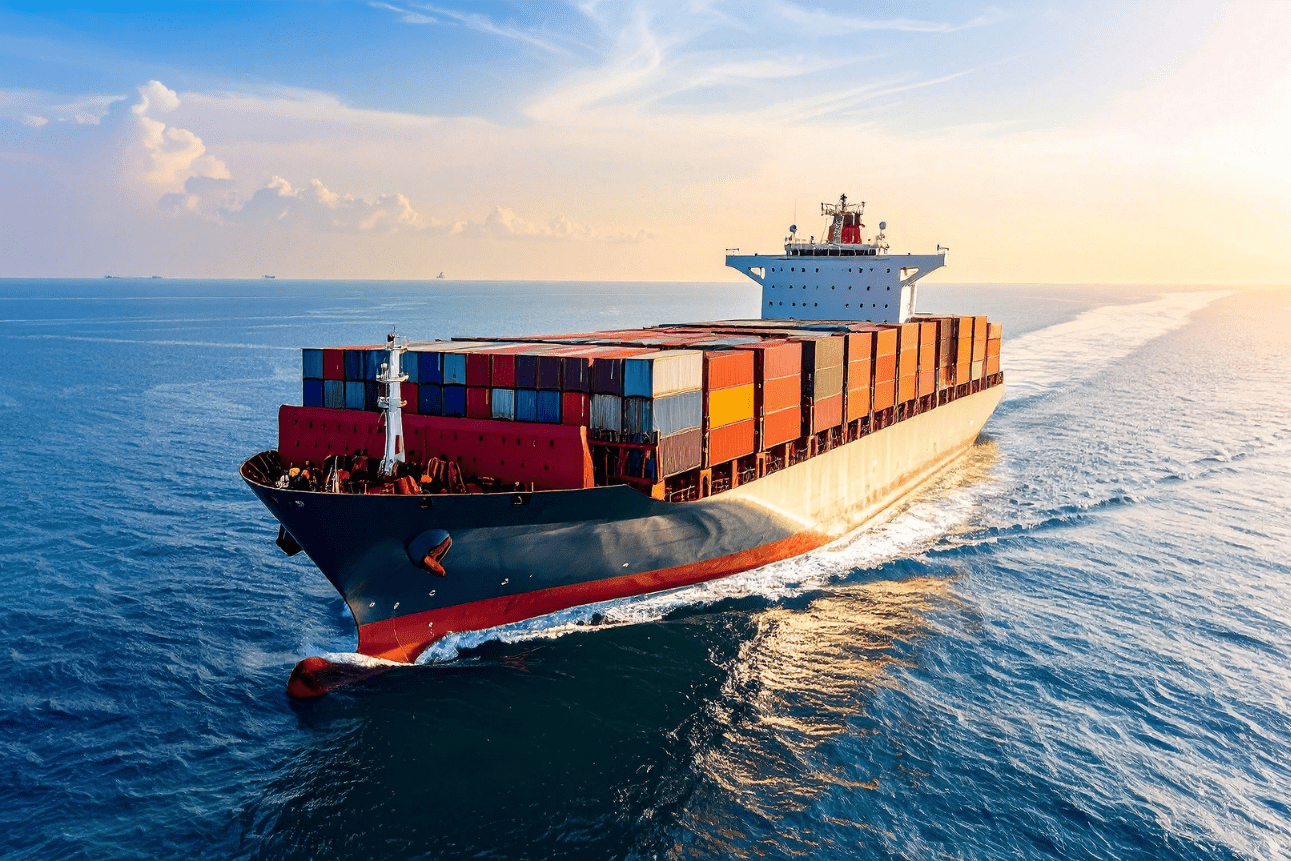Nearshoring Logistics vs. Offshoring: Why U.S. Businesses Choose to Outsource Order Fulfillment Closer to Home
In today’s on-demand economy, nearshoring logistics is emerging as a smarter alternative to traditional offshoring for U.S. companies looking to outsource order fulfillment. With customer expectations for faster delivery, real-time communication, and supply chain stability at an all-time high, proximity is becoming just as important as price.
While offshoring offers labor cost advantages, nearshoring delivers more value when you factor in time-to-market, quality control, and resilience. Let’s explore how these two approaches compare—and why nearshoring is gaining momentum across the logistics BPO space.
What Is Nearshoring in Logistics?
Nearshoring logistics involves relocating your supply chain operations to countries geographically closer to your target market. For U.S. businesses, this often means partnering with providers in Latin America, Mexico, or Canada rather than Asia.
In contrast, offshoring means outsourcing fulfillment to more distant regions, often with longer lead times, increased risk, and more complex compliance requirements.
Nearshoring vs. Offshoring: Which Is Better for Outsourced Fulfillment?
1. Faster Delivery and Shorter Transit Times
Outsourcing fulfillment to a nearshore location slashes delivery timelines, helping businesses keep up with Amazon-like speed expectations.
2. Real-Time Communication and Collaboration
Similar time zones make it easier to resolve issues, conduct meetings, and ensure service quality when working with a nearshoring logistics provider.
3. Reduced Risk of Disruption
Supply chains are vulnerable to delays, port closures, and global unrest. Nearshoring helps reduce dependency on long, risky shipping routes.
4. Better Quality Assurance and Regulatory Compliance
Being geographically closer makes site visits and audits more feasible, ensuring your outsourced partner meets U.S. quality and safety standards.
5. Sustainability and Cost Efficiency
Shorter shipping routes reduce emissions and lower overall freight costs, supporting both business goals and ESG initiatives.
Why U.S. Businesses Are Moving Toward Nearshoring Logistics
When U.S. companies outsource order fulfillment closer to home, they gain better control, faster delivery, and improved customer satisfaction. Especially for businesses with fluctuating demand, regional BPO and 3PL partners can scale operations with agility.
Some advantages of BPO-powered nearshoring logistics include:
- Regional warehousing for faster last-mile delivery
- Multichannel inventory and fulfillment support
- Real-time order tracking and SLA compliance
- Integrated customer care and reverse logistics
Nearshoring also complements omnichannel fulfillment models, allowing businesses to better synchronize online, in-store, and wholesale channels.
Choosing the Right Logistics Strategy for 2025 and Beyond
If you’re wondering whether nearshoring logistics is right for your business, consider:
- How critical is speed in your delivery promise?
- Can your current fulfillment model scale without sacrificing service?
- Are rising shipping costs and global risks affecting your margins?
- Would your customers benefit from faster, more localized service?
If the answer is yes, nearshoring may offer a stronger ROI than offshoring—especially when executed through a logistics-savvy BPO partner.
Rethinking Outsourced Fulfillment Strategies
Nearshoring isn’t just a trend—it’s a response to the realities of modern commerce. As more U.S. companies look to outsource order fulfillment, choosing providers in nearby countries gives them the speed, flexibility, and peace of mind they need to compete.
For logistics BPOs, this shift opens doors for innovation, better workforce alignment, and regional expansion. The future of logistics is not just cheaper—it’s closer.
Need help with BPO logistics solutions? Let’s explore how a nearshoring model can optimize your fulfillment and drive better customer outcomes.




